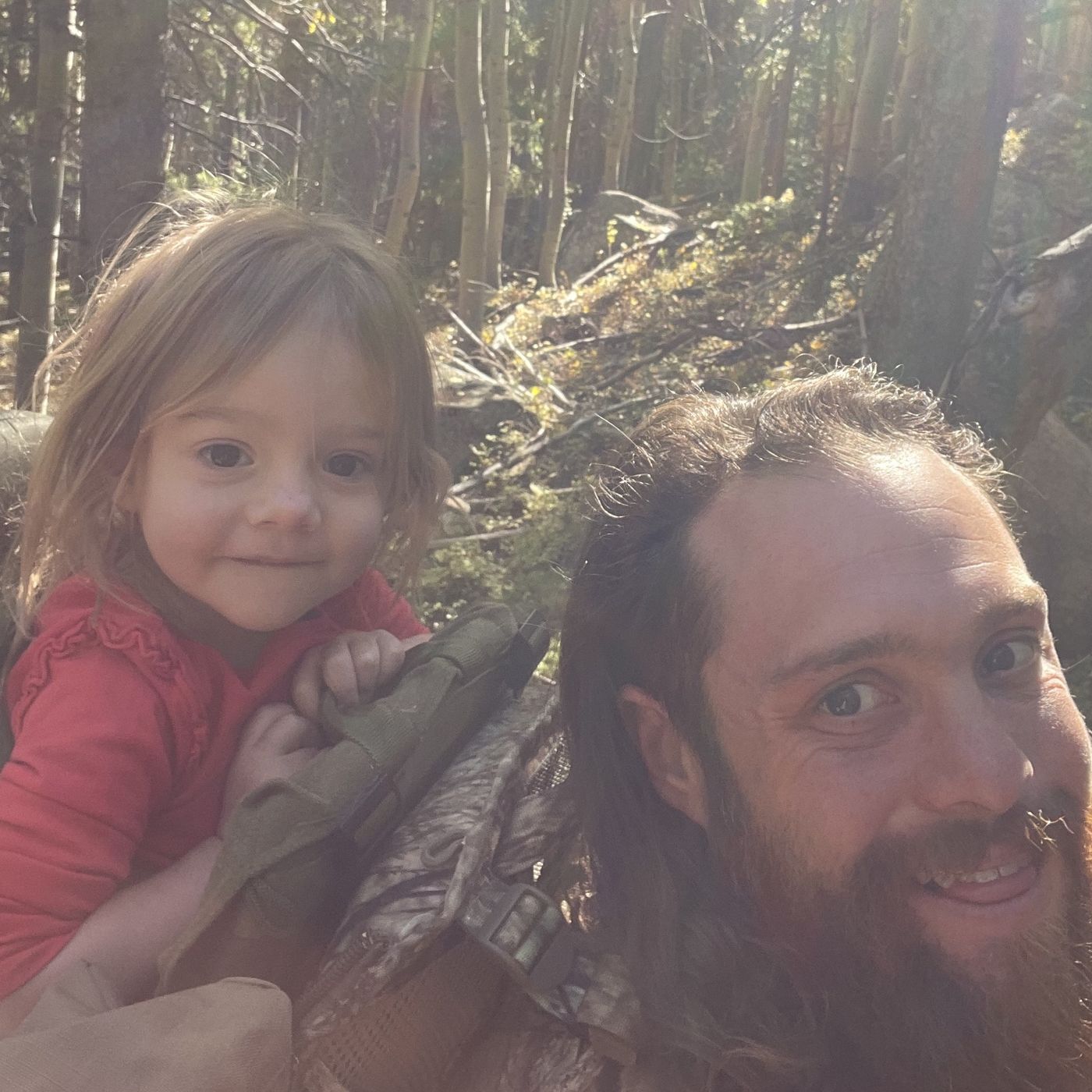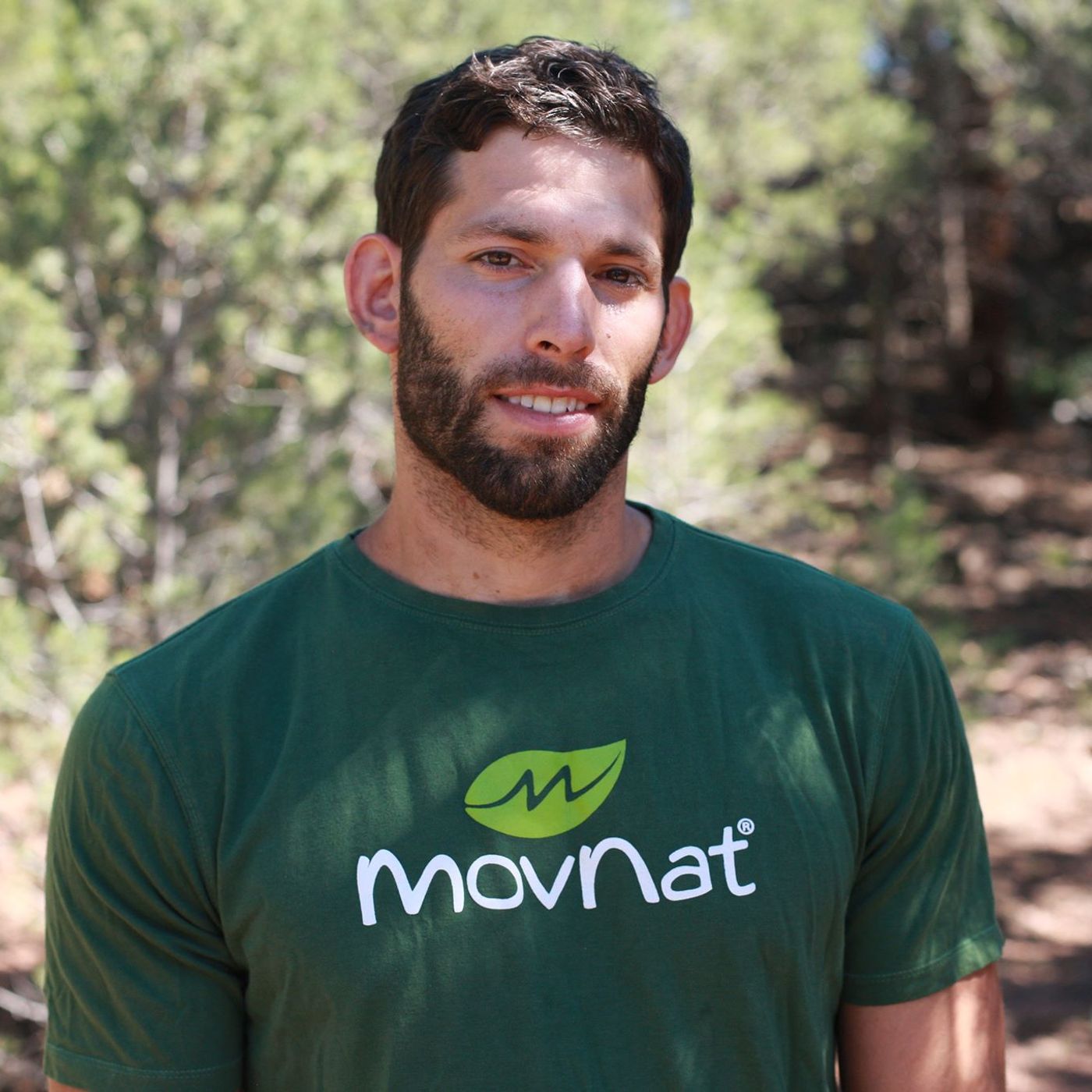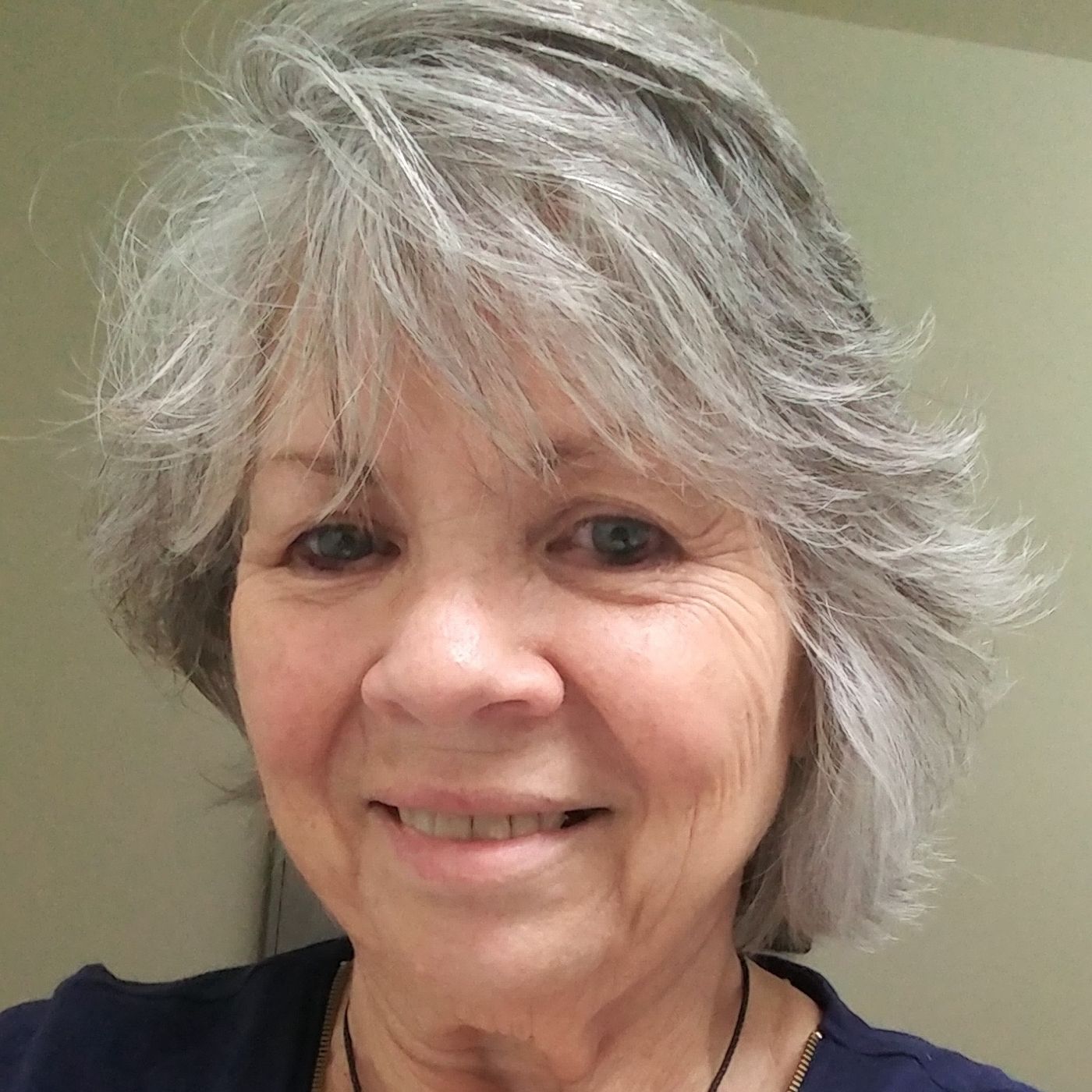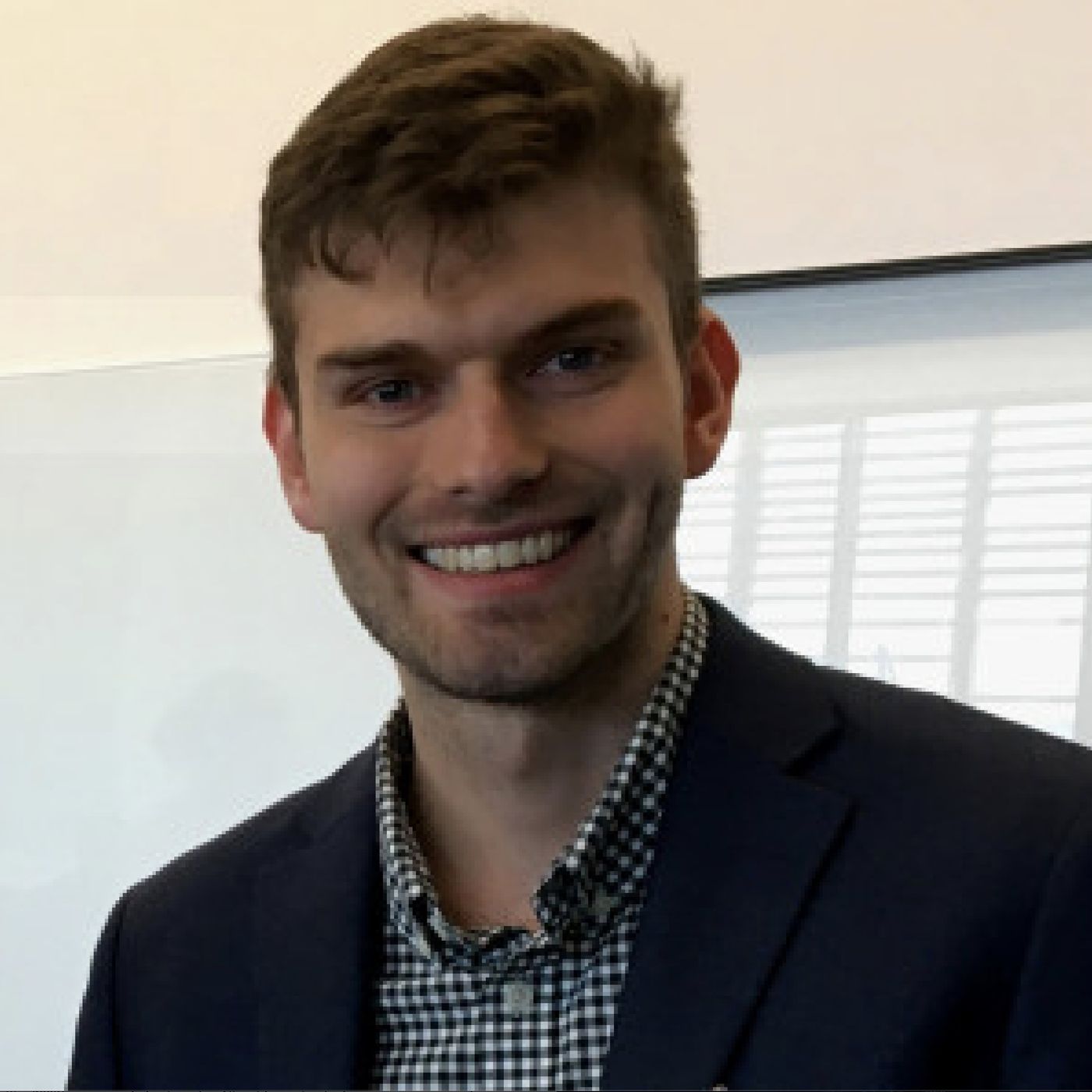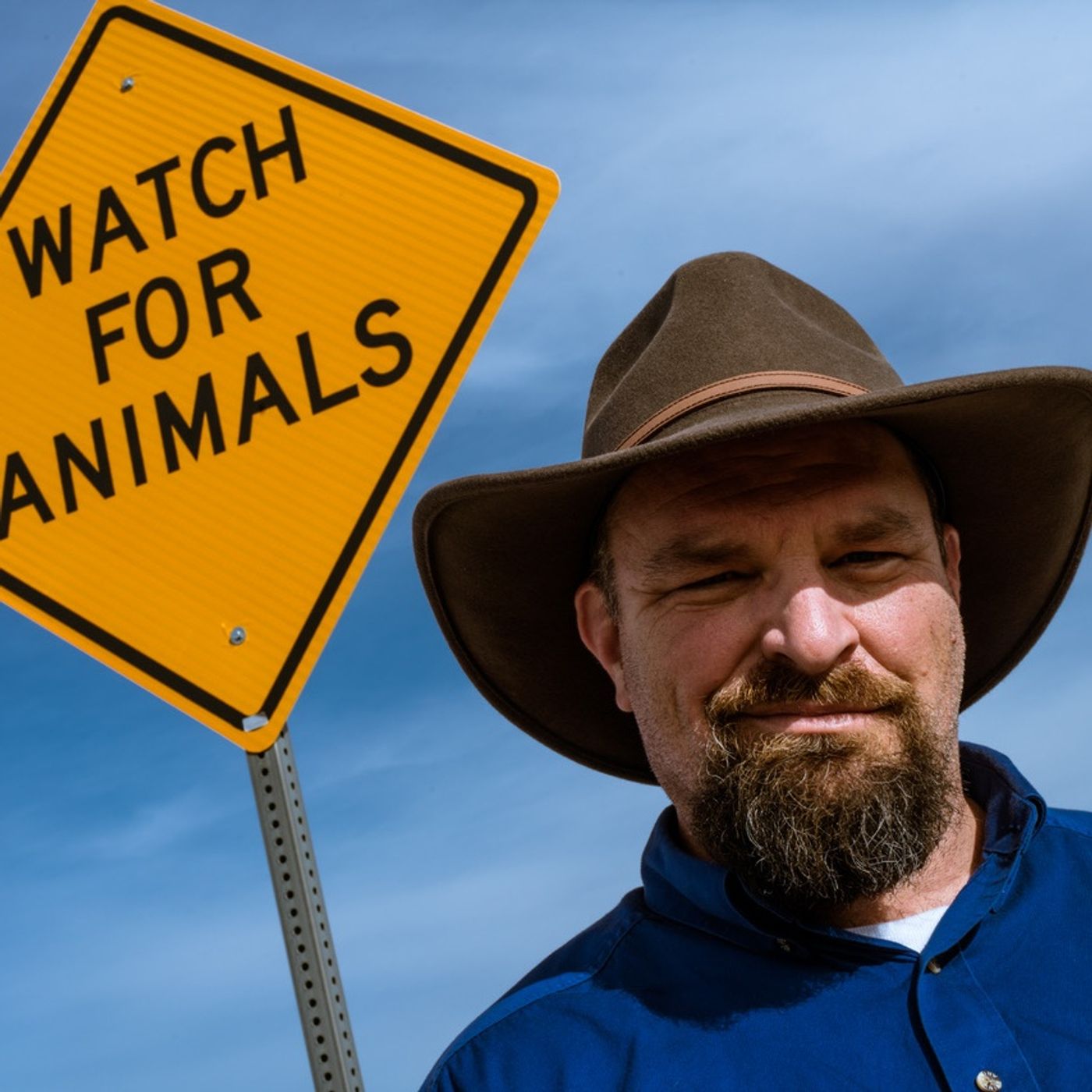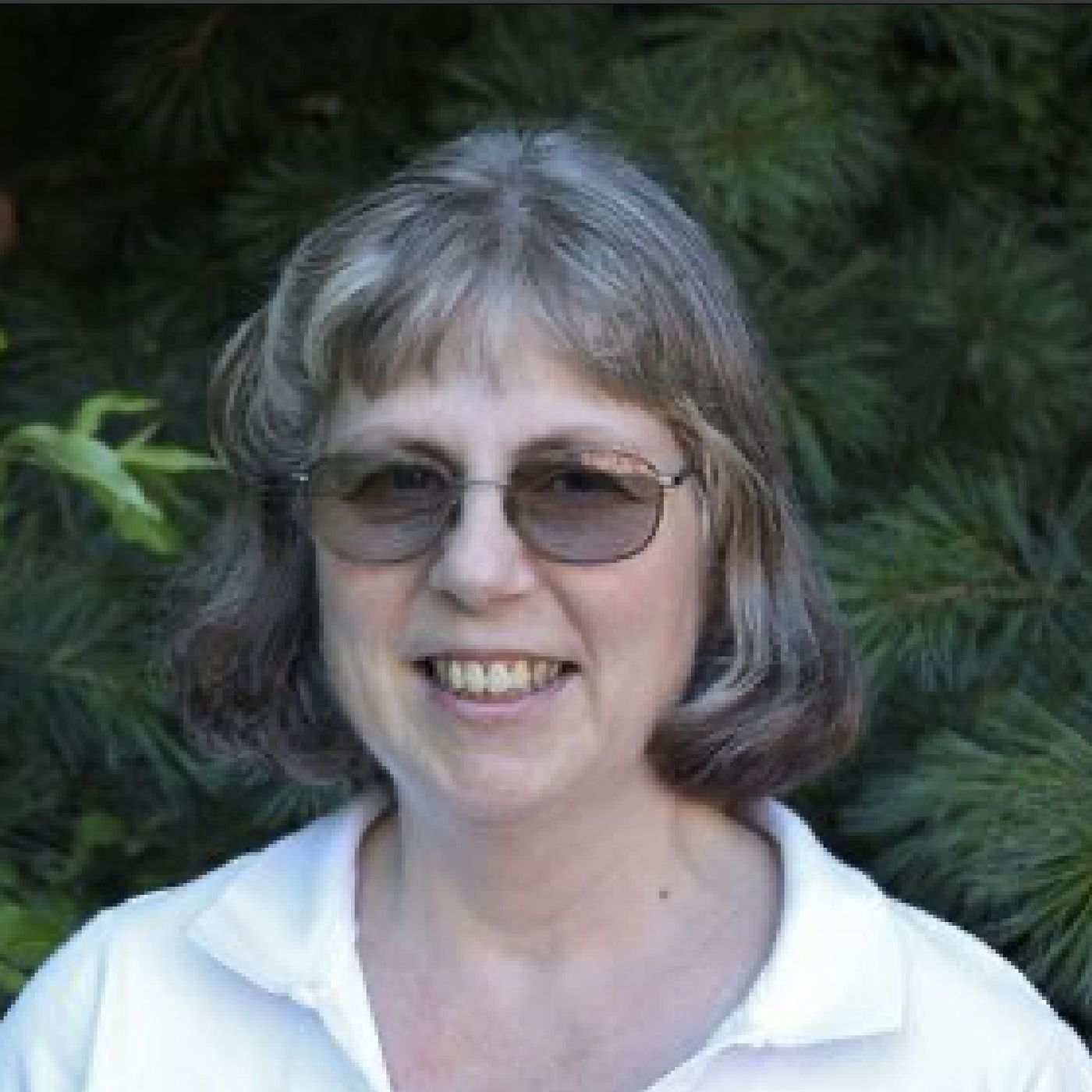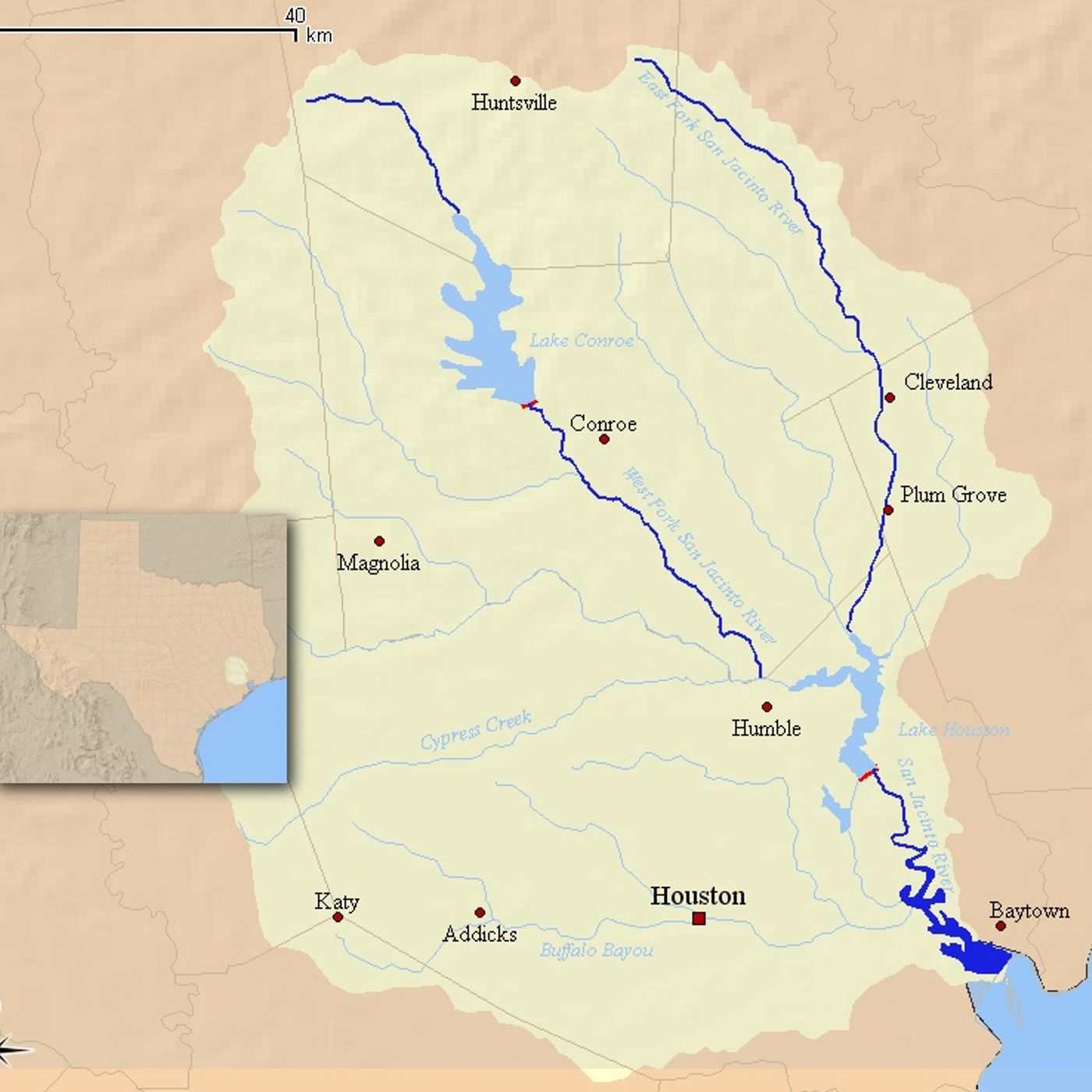25 Author and Historian Dan Flores on Ecology, Human Ecology, History, and Science
Update: 2020-11-19
Description
Dan joins us to discuss
-our nature as fission-fusion rational, social animals
-how that nature informs how we react to COVID
-how that nature has allowed us to survive through history
-what "fission-fusion" means
-human history in North America
-some history of human-animal interactions in North America
-human culture
-what science is
-the importance of "interdisciplinary" thinking
-the content of his forthcoming book “Wild New World: Humanity Encounters America’s Animals”
and more.
About Dan: "Dan Flores is a writer and Professor Emeritus of the History of the American West at the University of Montana. A native of Louisiana and currently a resident of Santa Fe, New Mexico, he has written for the New York Times, the Los Angeles Times, the Chicago Tribune, and numerous magazines. He is the author of ten books, most recently American Serengeti: The Last Big Animals of the Great Plains, which received the Stubbendieck Distinguished Book Prize in 2017, and Coyote America: A Natural and Supernatural History, a New York Times Bestseller, winner of the Sigurd Olson Nature Writing Award, and a 2017 Finalist for PEN America’s E. O. Wilson Prize in Literary Science Writing. His current book project, 'Wild New World: Humanity Encounters America’s Animals' is a big history of the human/wild animal story and will be published by W. W. Norton in 2022. "
Dan Flores
1. https://en.wikipedia.org/wiki/Dan_Flores
2. https://www.amazon.com/Dan-Flores/e/B001H6IY4K?ref=sr_ntt_srch_lnk_2&qid=1606520361&sr=8-2
3. https://web.archive.org/web/20111005050303/http://www.cas.umt.edu/casweb/faculty/facultyDetails.cfm?ID=628&CFID=350110&CFTOKEN=15907718
Contact Michael:
1. ccerppodcast@aol.com
2. http://www.goldams.com
3. https://www.linkedin.com/in/michael-gold-2883921/
4. https://www.facebook.com/groups/1152144714995033/
Join us at CCERP on Facebook! https://www.facebook.com/groups/1152144714995033/
Show notes. (More to come)
1. Coyote America: A Natural and Supernatural History by Dan Flores
https://www.amazon.com/Coyote-America-Natural-Supernatural-History/dp/0465093728/
2. American Serengeti: The Last Big Animals of the Great Plains by Dan Flores
https://www.amazon.com/American-Serengeti-Animals-Great-Plains/dp/070062466X/
3. The concept of "fission-fusion"
a. https://en.wikipedia.org/wiki/Fission–fusion_society
b. "Social Structure" by Dennis O'Neil: https://www2.palomar.edu/anthro/behavior/behave_2.htm
c. "Fission-fusion society:" https://psychology.wikia.org/wiki/Fission-fusion_society
4. The blitzkrieg/overkill/sitzkrieg hypotheses:
a. blitzkrieg: "war conducted with great speed and force" (https://www.merriam-webster.com/dictionary/blitzkrieg)
b. sitzkrieg: "slow-moving warfare marked by repeated stalemate." (https://www.dictionary.com/browse/sitzkrieg)
c. "Late Quaternary Extinctions: State of the Debate" by Paul L. Koch and Anthony D. Barnosky (Annual Review of Ecology, Evolution, and Systematics, 2006. 37:21 5–50)
http://ib.berkeley.edu/labs/barnosky/Koch%20%20and%20Barnosky%202006.pdf
d. "Humans and the Extinction of Megafauna in the Americas" (Dartmouth Undergraduate Journal of Science, 22 May 2009)
https://sites.dartmouth.edu/dujs/2009/05/22/humans-and-the-extinction-of-megafauna-in-the-americas/
e. "The uncertain blitzkrieg of Pleistocene megafauna" by Barry W. Brook and David M. J. S. Bowman (Journal of Biogeography (J. Biogeogr.) (2004) 31, 517–523)
https://onlinelibrary.wiley.com/doi/pdf/10.1046/j.1365-2699.2003.01028.x
5. Zoonotic diseases
a. "Diseases From Animals: A Primer" https://www.webmd.com/healthy-aging/features/diseases-from-animals-primer#1
b. "Many modern diseases, even epidemic diseases, started out as zoonotic diseases. It is hard to establish with certainty which diseases jumped from other animals to humans, but there is increasing evidence from DNA and RNA sequencing, that measles, smallpox, influenza, HIV, and diphtheria came to humans this way." from: https://en.wikipedia.org/wiki/Zoonosis
6. Cabeza de Vaca
a. The Narrative of Cabeza de Vaca by Alvar Nunez Cabeza De Vaca, Rolena Adorno, et al.: https://www.amazon.com/Narrative-Cabeza-Vaca-Alvar-Nunez/dp/080326416X/
b. A Land So Strange: The Epic Journey of Cabeza de Vaca by Andres Resendez, Jonathan Davis, et al.: https://www.amazon.com/A-Land-So-Strange-Andres-Resendez-audiobook/dp/B005TL6PY0/
c. See for lots of detailed info and probably right routes:
i. https://tshaonline.org/handbook/online/articles/fca06
ii. especially good: https://digital.library.txstate.edu/.../4027/fulltext.pdf
iii. http://www.americanjourneys.org/maps/aj-070.pdf
7. Science
a. "Science students learned the facts of their specific field without understanding how science should work in order to draw true conclusions." --David Epstein, Range: How Generalists Triumph in a Specialized World
b. "Part of the problem, [Arturo Casadevall] argued, is that young scientists are rushed to specialize before they learn how to think. They end up unable to produce good work themselves and unequipped to spot bad or fraudulent work by their colleagues.” — David Epstein, Range: How Generalists Triumph in a Specialized World
c. "But educators at the Johns Hopkins Bloomberg School of Public Health assert that memorization alone does not a scientist make — above all, students must be critical, creative thinkers who are honest and responsible with data. In order to train scientists as critical thinkers, the R3 Graduate Science Initiative was recently created in the Department of Molecular Microbiology and Immunology (MMI), led by director Gundula Bosch, Ph.D." (from: https://biomedicalodyssey.blogs.hopkinsmedicine.org/2018/03/revolutionizing-with-r3-a-new-ph-d-program-seeks-to-train-scientists-as-critical-thinkers/)
d. "For their part, Casadevall and Bosch write that science education reform should result in scientists who are: (1) broadly interested, creative and self-directed, as were some scientists in the era of Louis Pasteur, Marie Curie, Albert Einstein, and Linus Pauling; (2) versed in epistemology, sound research conduct and error analysis, according to the "3R" norms of good scientific practice—rigor, responsibility and reproducibility; (3) skilled in reasoning using mathematical, statistical and programming methods and able to tackle logical fallacies." (from: https://hub.jhu.edu/2018/01/03/biomedical-science-education-reform-casadevall-bosch/)
e. “Galileo’s radical renewal sprang, nevertheless, from the Aristotelian mind set, as it was taught at the Jesuits’ Collegio Romano: human reason has a basic ability to recognize and understand the objects registered by the senses. The objects are real. They have properties that can be perceived, and then ‘further processed’ according to logical rules. These logical concepts are also real (if not in exactly the same way as the physical objects).” --Galileo Galilei – When the World Stood Still, Atle Naess
f. "I should even think that in making the celestial material alterable, I contradict the doctrine of Aristotl
-our nature as fission-fusion rational, social animals
-how that nature informs how we react to COVID
-how that nature has allowed us to survive through history
-what "fission-fusion" means
-human history in North America
-some history of human-animal interactions in North America
-human culture
-what science is
-the importance of "interdisciplinary" thinking
-the content of his forthcoming book “Wild New World: Humanity Encounters America’s Animals”
and more.
About Dan: "Dan Flores is a writer and Professor Emeritus of the History of the American West at the University of Montana. A native of Louisiana and currently a resident of Santa Fe, New Mexico, he has written for the New York Times, the Los Angeles Times, the Chicago Tribune, and numerous magazines. He is the author of ten books, most recently American Serengeti: The Last Big Animals of the Great Plains, which received the Stubbendieck Distinguished Book Prize in 2017, and Coyote America: A Natural and Supernatural History, a New York Times Bestseller, winner of the Sigurd Olson Nature Writing Award, and a 2017 Finalist for PEN America’s E. O. Wilson Prize in Literary Science Writing. His current book project, 'Wild New World: Humanity Encounters America’s Animals' is a big history of the human/wild animal story and will be published by W. W. Norton in 2022. "
Dan Flores
1. https://en.wikipedia.org/wiki/Dan_Flores
2. https://www.amazon.com/Dan-Flores/e/B001H6IY4K?ref=sr_ntt_srch_lnk_2&qid=1606520361&sr=8-2
3. https://web.archive.org/web/20111005050303/http://www.cas.umt.edu/casweb/faculty/facultyDetails.cfm?ID=628&CFID=350110&CFTOKEN=15907718
Contact Michael:
1. ccerppodcast@aol.com
2. http://www.goldams.com
3. https://www.linkedin.com/in/michael-gold-2883921/
4. https://www.facebook.com/groups/1152144714995033/
Join us at CCERP on Facebook! https://www.facebook.com/groups/1152144714995033/
Show notes. (More to come)
1. Coyote America: A Natural and Supernatural History by Dan Flores
https://www.amazon.com/Coyote-America-Natural-Supernatural-History/dp/0465093728/
2. American Serengeti: The Last Big Animals of the Great Plains by Dan Flores
https://www.amazon.com/American-Serengeti-Animals-Great-Plains/dp/070062466X/
3. The concept of "fission-fusion"
a. https://en.wikipedia.org/wiki/Fission–fusion_society
b. "Social Structure" by Dennis O'Neil: https://www2.palomar.edu/anthro/behavior/behave_2.htm
c. "Fission-fusion society:" https://psychology.wikia.org/wiki/Fission-fusion_society
4. The blitzkrieg/overkill/sitzkrieg hypotheses:
a. blitzkrieg: "war conducted with great speed and force" (https://www.merriam-webster.com/dictionary/blitzkrieg)
b. sitzkrieg: "slow-moving warfare marked by repeated stalemate." (https://www.dictionary.com/browse/sitzkrieg)
c. "Late Quaternary Extinctions: State of the Debate" by Paul L. Koch and Anthony D. Barnosky (Annual Review of Ecology, Evolution, and Systematics, 2006. 37:21 5–50)
http://ib.berkeley.edu/labs/barnosky/Koch%20%20and%20Barnosky%202006.pdf
d. "Humans and the Extinction of Megafauna in the Americas" (Dartmouth Undergraduate Journal of Science, 22 May 2009)
https://sites.dartmouth.edu/dujs/2009/05/22/humans-and-the-extinction-of-megafauna-in-the-americas/
e. "The uncertain blitzkrieg of Pleistocene megafauna" by Barry W. Brook and David M. J. S. Bowman (Journal of Biogeography (J. Biogeogr.) (2004) 31, 517–523)
https://onlinelibrary.wiley.com/doi/pdf/10.1046/j.1365-2699.2003.01028.x
5. Zoonotic diseases
a. "Diseases From Animals: A Primer" https://www.webmd.com/healthy-aging/features/diseases-from-animals-primer#1
b. "Many modern diseases, even epidemic diseases, started out as zoonotic diseases. It is hard to establish with certainty which diseases jumped from other animals to humans, but there is increasing evidence from DNA and RNA sequencing, that measles, smallpox, influenza, HIV, and diphtheria came to humans this way." from: https://en.wikipedia.org/wiki/Zoonosis
6. Cabeza de Vaca
a. The Narrative of Cabeza de Vaca by Alvar Nunez Cabeza De Vaca, Rolena Adorno, et al.: https://www.amazon.com/Narrative-Cabeza-Vaca-Alvar-Nunez/dp/080326416X/
b. A Land So Strange: The Epic Journey of Cabeza de Vaca by Andres Resendez, Jonathan Davis, et al.: https://www.amazon.com/A-Land-So-Strange-Andres-Resendez-audiobook/dp/B005TL6PY0/
c. See for lots of detailed info and probably right routes:
i. https://tshaonline.org/handbook/online/articles/fca06
ii. especially good: https://digital.library.txstate.edu/.../4027/fulltext.pdf
iii. http://www.americanjourneys.org/maps/aj-070.pdf
7. Science
a. "Science students learned the facts of their specific field without understanding how science should work in order to draw true conclusions." --David Epstein, Range: How Generalists Triumph in a Specialized World
b. "Part of the problem, [Arturo Casadevall] argued, is that young scientists are rushed to specialize before they learn how to think. They end up unable to produce good work themselves and unequipped to spot bad or fraudulent work by their colleagues.” — David Epstein, Range: How Generalists Triumph in a Specialized World
c. "But educators at the Johns Hopkins Bloomberg School of Public Health assert that memorization alone does not a scientist make — above all, students must be critical, creative thinkers who are honest and responsible with data. In order to train scientists as critical thinkers, the R3 Graduate Science Initiative was recently created in the Department of Molecular Microbiology and Immunology (MMI), led by director Gundula Bosch, Ph.D." (from: https://biomedicalodyssey.blogs.hopkinsmedicine.org/2018/03/revolutionizing-with-r3-a-new-ph-d-program-seeks-to-train-scientists-as-critical-thinkers/)
d. "For their part, Casadevall and Bosch write that science education reform should result in scientists who are: (1) broadly interested, creative and self-directed, as were some scientists in the era of Louis Pasteur, Marie Curie, Albert Einstein, and Linus Pauling; (2) versed in epistemology, sound research conduct and error analysis, according to the "3R" norms of good scientific practice—rigor, responsibility and reproducibility; (3) skilled in reasoning using mathematical, statistical and programming methods and able to tackle logical fallacies." (from: https://hub.jhu.edu/2018/01/03/biomedical-science-education-reform-casadevall-bosch/)
e. “Galileo’s radical renewal sprang, nevertheless, from the Aristotelian mind set, as it was taught at the Jesuits’ Collegio Romano: human reason has a basic ability to recognize and understand the objects registered by the senses. The objects are real. They have properties that can be perceived, and then ‘further processed’ according to logical rules. These logical concepts are also real (if not in exactly the same way as the physical objects).” --Galileo Galilei – When the World Stood Still, Atle Naess
f. "I should even think that in making the celestial material alterable, I contradict the doctrine of Aristotl
Comments
In Channel


